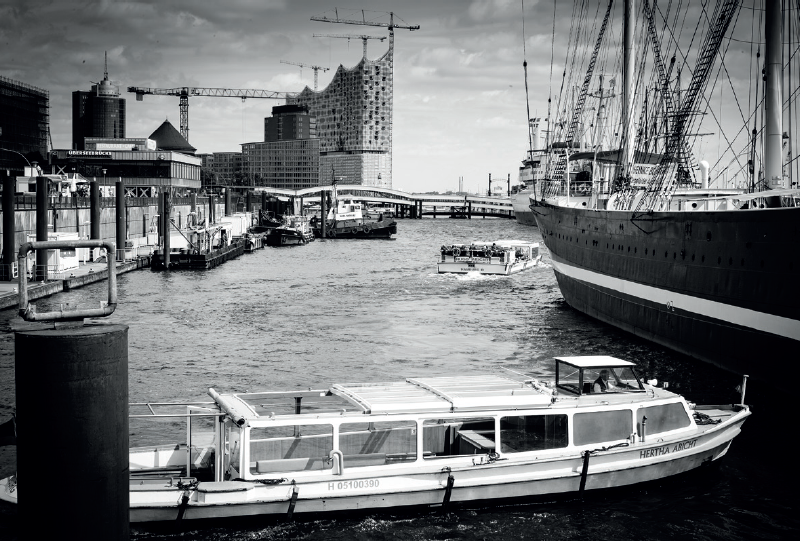
“Without a Map, You Won’t Reach Your Destination”
Good photography planning is essential for a successful photo shoot. While it’s great to keep your camera ready at all times and not to let it languish in your camera bag, you still need to find your subjects. After all, cameras don’t have a built-in “great subject” alarm.
What is the Best Way to Find Interesting Subjects?
You can only find what you look for and if you don’t know what you’re looking for, you won’t find anything. You need to take the time to look for a theme and develop your ideas. Robert Capa, who was one of the founders of the Magnum agency said, “If your pictures aren’t good enough, you’re not close enough.” I think this quote is often misinterpreted. I believe Capa was referring to psychological and emotional closeness rather than physical proximity to the subject. The intensity of a photo is all about the emotional link between the photographer and the situation being portrayed.
How Does Closeness Develop between the Photographer and the Subject?
There are many ways to approach a subject. The simplest approach is to photograph familiar people and places. My daughter, for example, doesn’t even notice any more when I get out my camera and take a couple of snaps. Ever since she was born, her father has carried a camera and taken photos, and our family bond means I don’t have to build a relationship with her every time I want to take a photo.
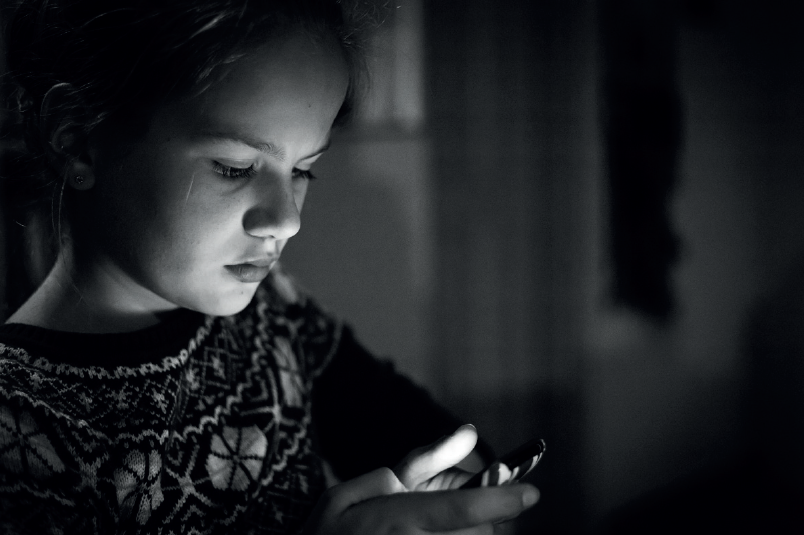
On Assignment—My Daughter Janne
Other photographers prefer to deal with places rather than people, Alec Soth, who chose the Mississippi River and Niagara Falls as his subjects. Soth has created pictures that look behind the scenes and portray his highly personal feelings toward his subjects. Belgian photographer Stephan Vanfleteren’s photography takes an approach that offers a personal perspective that engenders curiosity in the viewer about the land and its people
What Does All of This Have to Do with Planning?
Neither I nor any of the photographers I have mentioned simply left the house and started shooting. We all did our research, developed a plan, and created a certain closeness to the subject before we began to shoot.
Practically speaking, you won’t have to find a theme if you find a specific person or event to photograph. It could be a child’s birthday, a wedding, famous visitors in town, a car race, a portrait of an artist, your mother-in-law, or a story about the longest freeway in the country. Or maybe you could get to know the regulars at the local fishing spot or the town firemen. Have you spotted the difference between the professional and amateur themes here? Exactly—there is none! A professional photographer can be given an assignment of photographing a birthday, just as a hobbyist could choose to capture a personal view of a state official’s visit, even if he doesn’t get press accreditation (not all pros do either, by the way). It would do some newspapers good, too, if they moved away from printing the same old pictures of the same old hands being shaken.
The other way to find a theme is simply to give yourself an assignment. This can be any subject that interests you, like my “People at Polo Matches” project, for example. An assignment can be quite specific— such as events at the emergency ward at a hospital—or it can be more conceptual, like my German Angst series.
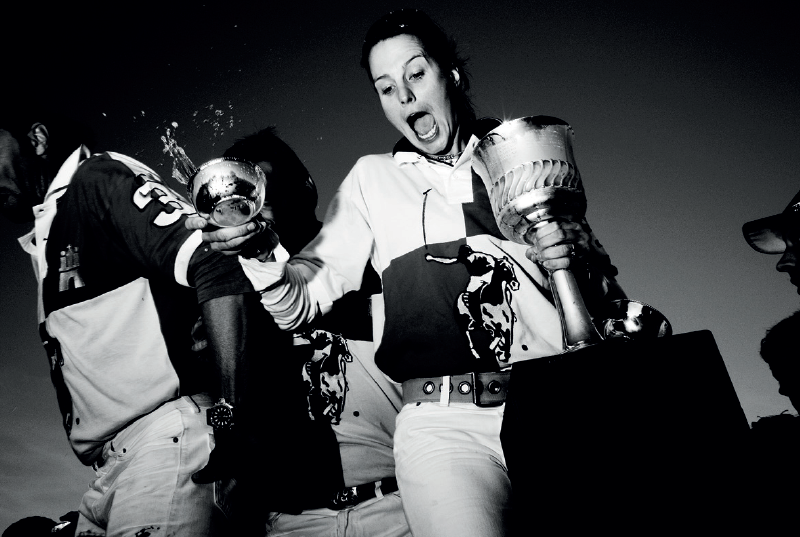
On Assignment—People at Polo Matches
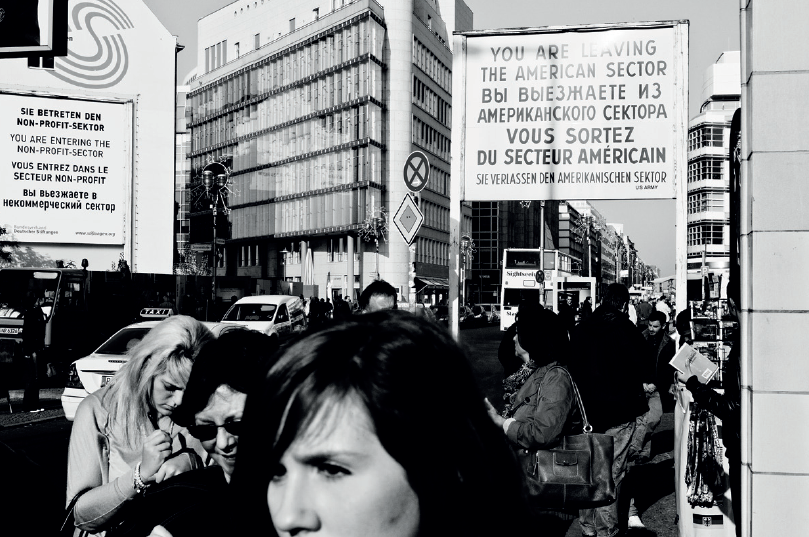
On Assignment—German Angst
Once I have an assignment, whether one of my own or for someone else, I begin my background research. For simpler subjects, access to the Internet means I usually need my iPad or iPhone to find what I need. For complex subjects I often purchase relevant literature. I always try to learn as much as I can about the subject as well as the geography of the location so I can plan a detailed schedule. You can build a schedule around the timing of the events you will cover, the position of the sun at a climbing wall, or any other aspect of your theme.
Planning can involve photographing recurring or special events. For example, in the course of my German Angst project, I visited the Mardi Gras celebrations in Cologne. I had an idea of what to expect before I went, but the photos I captured exceeded my wildest hopes. By researching, I challenged Lady Luck and was rewarded with fantastic images.
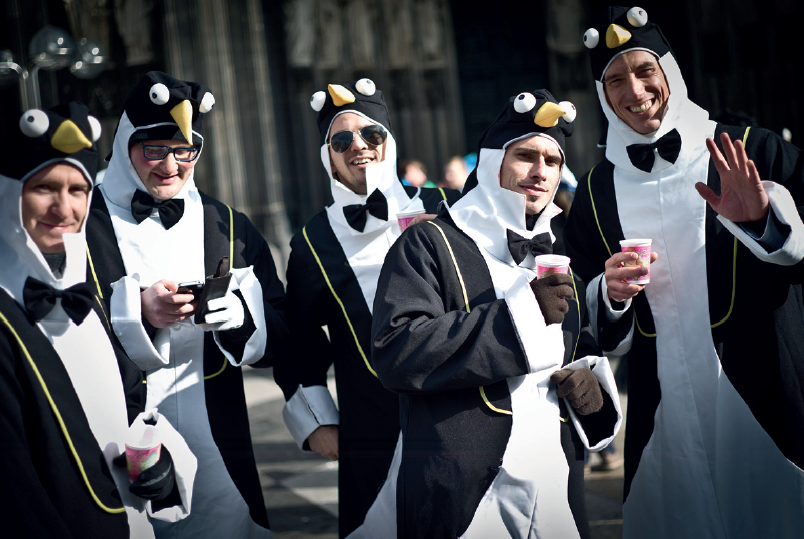
On Assignment—Mardi Gras
A good photographer is curious and likes to engage with the people he meets along the way. If you head out with wakeful eyes, an open mind, and an idea of what you are looking for, you are sure to be rewarded with great results. If, however, you think you can casually capture an effective photo story by chance, you are likely to be disappointed. High quality photography takes hard work, both physically and psychologically, but it is also incredibly satisfying.
This article is from The Leica M Photographer by Bertram Solcher. All images ©Bertram Solcher.
Check out the full book here!
